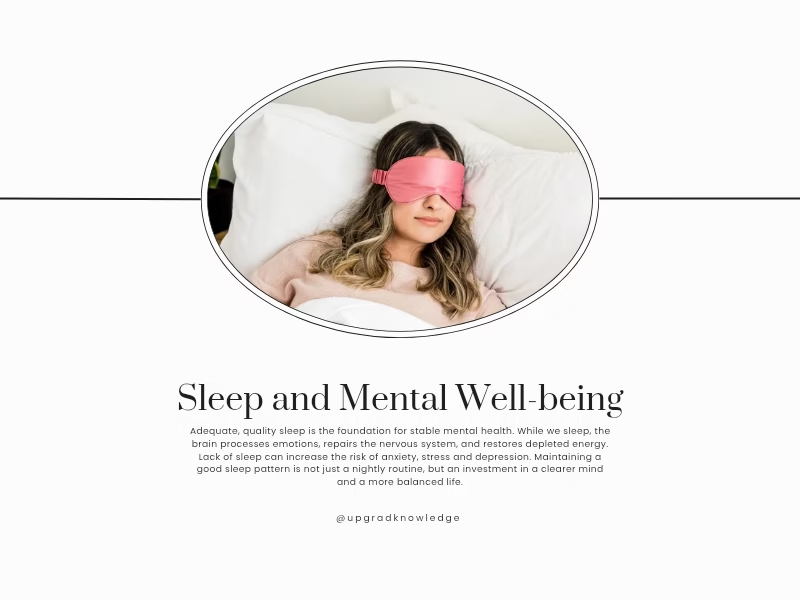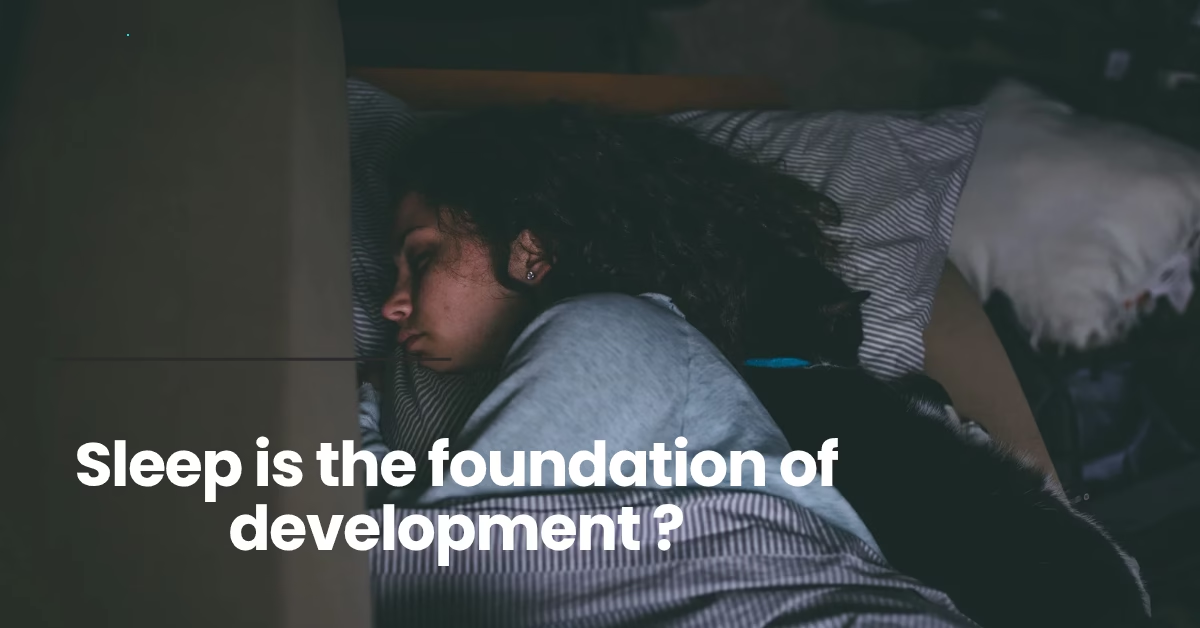Your Age vs Sleep: Have you ever wondered why you used to sleep for 10 hours as a child but now your eyes automatically open after 6 hours? It’s no coincidence. There’s a strong connection between your age and sleep, and science shows that as we get older, both the quantity and quality of sleep change.
Today we will discuss the same topic, how much sleep we need at different ages and what factors in the body affect it.

Table of Contents
Childhood:
Sleep is the foundation of development
Sleep in childhood is not just rest but also an important part of physical and mental development. Newborns sleep 14 to 17 hours a day because their bodies are growing rapidly, the brain is building new neurons, and memory is strengthening.When a child reaches school age, sleep decreases to 9 to 11 hours. If a child does not get enough sleep at this age, it has a negative impact on his behavior, learning and memory ability.
Adolescence:
Hormones and the War on Sleep
When a person enters the age of 13 to 19, the hormonal system in the body starts to change. At the same time, the sleep cycle is also affected. Teenagers often become accustomed to staying up late at night and waking up late in the morning, because their brain releases a hormone called “Melatonin” late.At this age, 8 to 10 hours of sleep is necessary, but due to the pressure of school, exams and social media, this is not possible.The result? Irritability, lack of concentration and feeling tired quickly.
Adolescence
Work, Responsibilities and Sacrificing Sleep
Most people go through the busiest period of their lives between the ages of 20 and 40.Work, family, social life and digital distractions often affect sleep.But research shows that even at this age, 7 to 9 hours of sleep are essential so that the body can repair it self and the mind remains clear and balanced. Your age vs sleep is the most visible difference here because lack of sleep affects performance, mood, and even sexual health.
Middle age:
The beginning of sleep problems
When you reach the age of 40 to 60, the body’s hormones, metabolism, and sleep patterns change. At this age, people often complain of “insomnia” or “frequent waking”. The reason is increasing responsibilities, mental stress, and physical problems such as blood pressure, diabetes, or weight gain. According to experts, 7 hours of sleep is necessary even at this age, but the quality is most important. That is, deep and restful sleep is more important for health.
Old age:
less sleep but light
After 60 years, the relationship between your age vs sleep changes again.As we age, sleep duration decreases, and sleep becomes lighter.Older people usually fall asleep early and wake up early in the morning.This is a natural process because the hormones that control sleep weaken in the body. However, taking a light nap during the day is beneficial.It keeps the brain fresh and reduces physical fatigue.
Effects of sleep deprivation
The consequences of sleep deprivation at any age can be dangerous.
Lack of sleep:
Mental performance is affected The risk of heart disease increases The chances of obesity and diabetes increaseThe immune system is weakenedWrinkles and fatigue start appearing on the faceTherefore, it is important to give importance to sleep according to your age.
Your Age vs Sleep:
Recommended Hours Age Stage Sleep Hours (Daily)
- Infant (0–3 months) 14–17 hours
- Infant (4–11 months) 12–15 hours
- Children (1–5 years) 10–13 hours
- School children (6–13 years) 9–11 hours
- Adolescents (14–17 years) 8–10 hours
- Adults (18–64 years) 7–9 hours
- Seniors (65 years and older) 6–8 hours
A few simple tips for good sleep
- 1. Keep a regular bedtime and wake-up time.
- 2. Turn off your mobile and TV at least an hour before bed.
- 3. Don’t drink caffeine, tea or coffee at night.
- 4. Keep the room cool, quiet and dark.
- 5. Light exercise or a walk improves sleep.
- 6. Lessen your drowsiness during the day.
Read this: What effects does sleep deprivation have on the brain?
A passage Although your relationship between age and sleep is normal, you can make it better by being aware of it. Every age group has different sleep requirements, yet one factor is always the same: sleep is essential for balance, energy, and good health. You’re are going to feel happier, better rested, and content both mentally and physically when you’re getting sufficient rest for your age.
Is getting too much sleep bad for you?
Yes, getting more than nine hours of sleep a night can occasionally indicate diabetes, depression, or other issues.
Does napping during the day have any advantages?
Certainly, especially to adults and seniors, a 20–30 minutes of nap keeps the body light and the mind sharp. Third query
What can be done if you don’t get enough sleep?
Avoid mobile or caffeine at night, use a comfortable bed and create a consistent sleep schedule.
Does the need for sleep decrease with age?
Yes, in old age, the quantity of sleep decreases but the quality becomes more important.
What foods are useful for better sleep?
Milk, almonds, bananas, and light vegetables taken before bed improve sleep.

